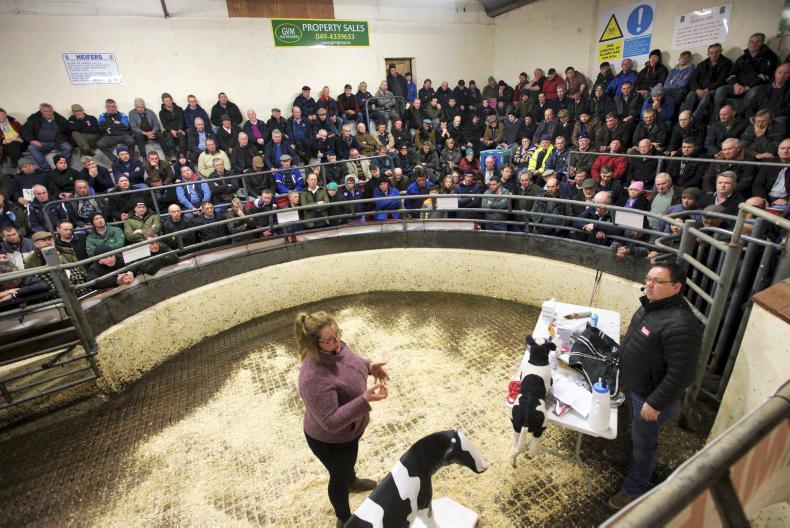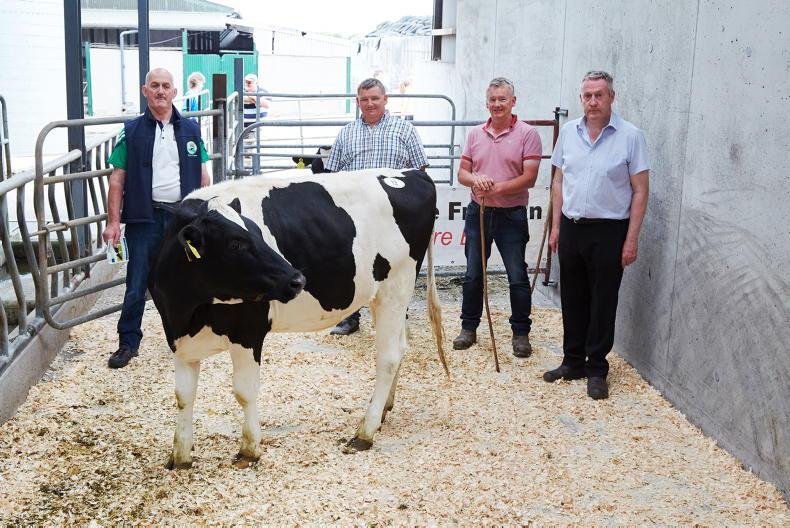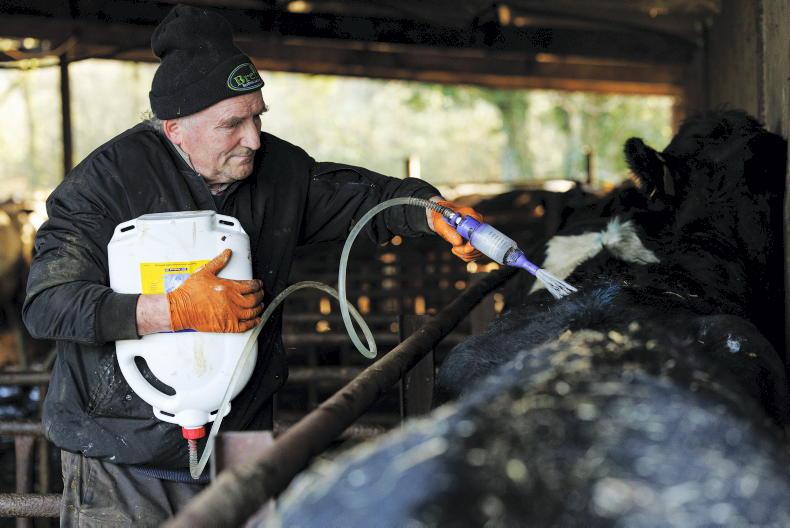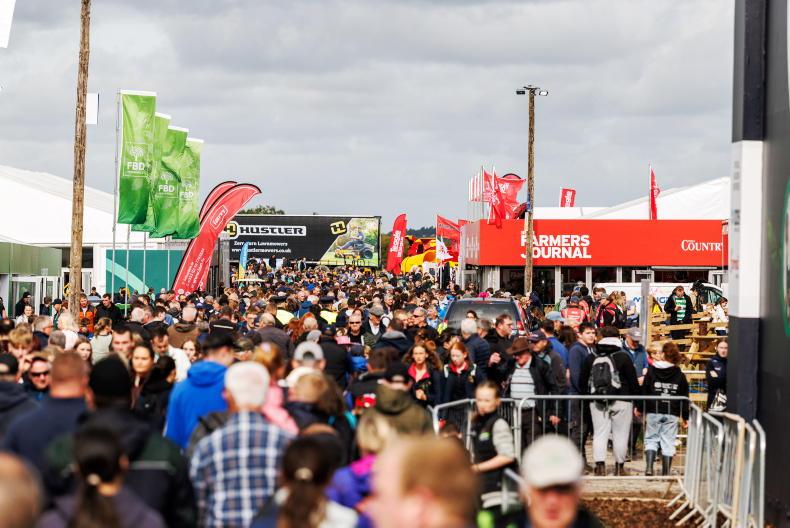Tullamore Farm: With mild conditions forecast this week, it’s a chance to get out with some fertiliser on drier land. Soil temperatures are currently at 7°C on Tullamore Farm and a half-bag per acre of urea has been spread across half of the farm.
Grass covers are very strong and it was decided this week to turn out some of the April-calving cows to the redstart crop.
There is about two to three weeks of grazing left on this and we felt it was better to get the weanling heifers to grass this week and try to get some of the heavier covers grazed off.
Average farm cover is running at 1,243kg/DM/ha so it’s important to get animals out grazing to kickstart growth.
We went to a light cover to start off to get them used to grazing and will then move to heavier covers.
These lighter heifers are ideal for grazing early as they should do minimal damage to paddocks.
With just heifers grazing, it will be difficult to hit the target of having 50% of the farm grazed by 7 March. It’s a balancing act as our demand for grass will take a jump once cows and calves and ewes and lambs are turned out. Six cows have calved with one requiring slight assistance and the others calving on their own.
Three of these cows have been turned out to grass. Triplet ewes have been housed while twins and singles remain outdoors.
Mart Demos: We will hold our next spring animal health livestock demos in Castleisland Mart, Co Kerry, on Tuesday 19 February; Raphoe Mart, Co Donegal, on Wednesday 20 February; and Central Auctions, Roscrea, Co Tipperary, on Thursday 21 February. The events concentrate on calf health along with scour and pneumonia issues and all events include a livestock display.
All events start at 7pm and are KT approved as part of the Department of Agriculture Knowledge Transfer scheme. For details, contact ccarey@farmersjournal.ie
BEEP: This week, we looked at details of the recently launched BEEP scheme. Applications must be submitted by next Friday 22 February. It’s a one-year scheme with no obligation for future participation.
Online applications are preferred via agfood.ie. Should you require a paper application form, you need to contact the beef section of the Department of Agriculture in Portlaoise to get a form posted out.
Calving records: Many farmers use the ICBF pocket notebook to record calving data. This can be very useful when it comes to culling consistent poor performers for udder problems, calving problems, docility issues etc.
These issues can often be forgotten about once a cow and calf are turned out. Some farmers will use a coloured tag for these animals for ease of identification later in the year.
On Tullamore Farm this year, we are recording sire AI code on a management tag for easy identification at later dates. We are also recording birth weights, calving details and assistance details.









SHARING OPTIONS